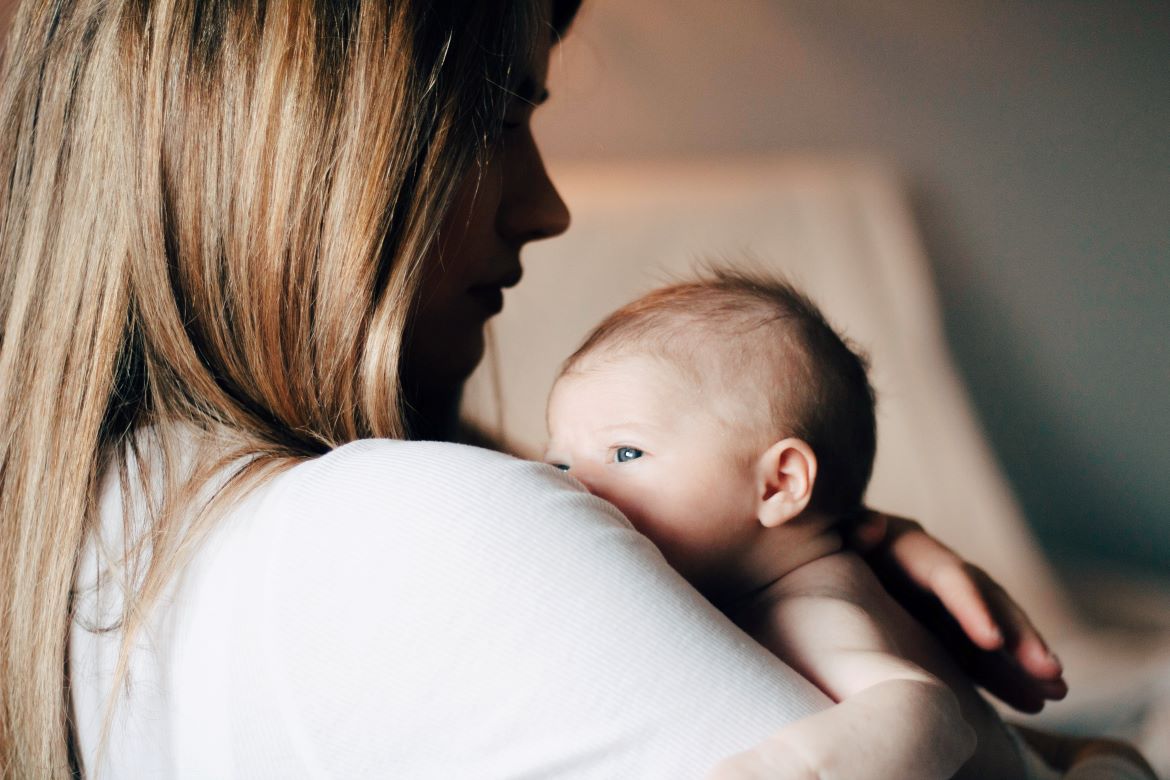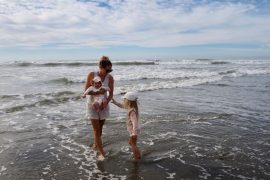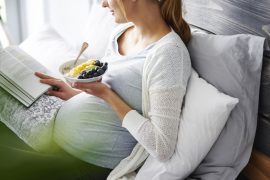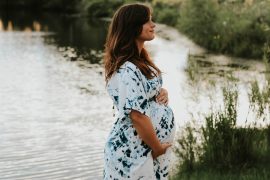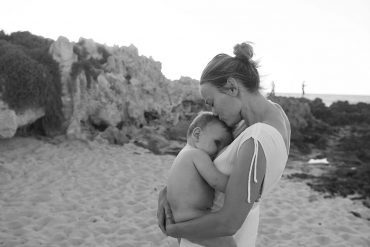By Dr. Olivia Currie, Lifestyle Medicine Physician, Fellow General Practitioner, Real Healthy Me, Lifestyle Medicine Clinic.
Many women around the world practise confinement in the postpartum period. This may include specialised food and drinks, massages, hygiene practices, bed-resting, mother and baby discharge packages and for some, checking into 5-star postpartum centres with professional support! The period of confinement ranges from 7 to 40 days (Jes @SnackFirst)! Closer to home, Maori confinement practices are very inclusive, holistic and spiritual (teara.govt.nz). This leaves us with much to ponder on regarding how we approach the postpartum period.
A Turkish study of 65 women in the first week after the birth of their babies found a range of issues impacting on physical and mental health (Nazik and Eryilmaz). These included:
- 93.7% were at risk of perineal infection
- 85.7% were not confident at breastfeeding
- 96.8% experienced pain
- 73% suffered nutritional deficiencies
- 65.1% were mildly dehydrated
- 58.7% suffered sleep disturbances
- 28.6% were lonely.
However, with good support and self-care practices, these risks dramatically reduced to single digit percentages. This pilot study then led on to a cascade of others promoting women’s self-care with education and support from healthcare professionals (nursing and midwives in these cases).
Having been through pregnancy and childbirth personally, I found the experience insightful and enriching both personally and professionally.
As a 4th generation Malaysian-born Chinese female educated in western medicine and naturalised New Zealander, my personal experience enabled me to reflect on the practices of traditional postpartum confinement practices and its value in preventing or minimising western postpartum complications. As many of us now live in an urbanised environment of blended culture, I have summarised key take-home messages for us to practise ourselves and to share with mothers-to-be.
Nutrition
All the traditional confinement practices involve food! Rightly so, as it is identified as the single most important factor to optimise both mother’s and baby’s health (WHO, 2013). Whilst availability of confinement foods, like miyeokguk (Korean seaweed soup) to Korean mothers and red date soup to Chinese mothers is preserved by tradition, it is foreign to the urbanised world. Thankfully, food is food! These time-tested traditional recipes contain that which matters – nutrition.
In essence, a balanced wholefood diet is essential to maintain and restore health. This means a balance of macronutrients specific to your physical attributes in terms of carbohydrates, protein, fats and hydration, as well as foods that will replenish your nutrient stores in postpartum state. Specifically foods rich in calcium, vitamin B6 and folate (NZ MOH, and Institute of Medicine).
A breastfeeding mother will require foods higher in thiamine, niacin, copper, iodine, manganese, biotin, choline, riboflavin and folate!
For mothers in New Zealand, we need particular attention for selenium. Lin and his team in Taiwan were first to investigate the association between nutritional status and postpartum depression. They concluded and had recommended moderate consumption of riboflavin (vitamin B2) and omega-3 fatty acids to reduce the risk of postpartum depression.
How does this translate to a modern plate in New Zealand? In a day, these will include:
- 5 to 7 servings of a variety of vegetables
- 2-3 pieces of fruit
- a palm-sized serving of plant or animal-based protein
- 1-2 thumb-sized serving of healthy fats
- about 2 litres of water a day!
These nutritional requirements are labour intensive and can be hard to maintain in the postpartum period, especially with little support. If this is the case, I would recommend one-pot dishes and perhaps not to even worry about a recipe!

